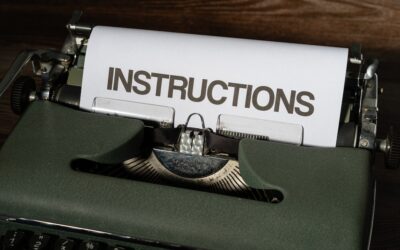Here are some of the pros and cons of filing bankruptcy in Michigan
Pros:
- Stops collection efforts: Once you file for bankruptcy, creditors are prohibited from contacting you or taking any legal action against you to collect your debts. This includes wage garnishments, repossessions, and foreclosures.
- Discharges debt: Depending on the type of bankruptcy you file, you may be able to discharge (eliminate) most or all of your debts. This includes credit card debt, medical bills, personal loans, and even some student loans.
- Protects your assets: In most cases, you will be able to keep your property, such as your home, car, and personal belongings. However, there are some exceptions, such as luxury goods or property that is not considered essential.
- Improves your credit score: Over time, filing for bankruptcy can help improve your credit score. This is because bankruptcy shows that you have taken steps to address your debt problems and are now working to rebuild your finances.
Cons:
- Filing fee: There is a filing fee for bankruptcy, which can be several hundred dollars.
- Credit report: Bankruptcy will stay on your credit report for up to 10 years. This can make it difficult to get approved for loans or credit cards in the near future.
- Impact on employment: Some employers may discriminate against job applicants who have filed for bankruptcy.
- Stigma: There is still a stigma associated with bankruptcy, even though it is a legal way to deal with debt problems.
Ultimately, the decision of whether or not to file for bankruptcy is a personal one. There are many factors to consider, such as your financial situation, your assets, and your future goals. If you are considering filing for bankruptcy, it is important to speak with an experienced bankruptcy attorney to get personalized advice.
Here are some additional things to keep in mind when considering bankruptcy in Michigan:
- The Michigan exemption amount is the maximum amount of property that you can keep in bankruptcy. This amount varies depending on the type of property and your family size.
- There are different types of bankruptcy, each with its own advantages and disadvantages. The most common types of bankruptcy in Michigan are Chapter 7 and Chapter 13.
- The bankruptcy process can be complex and time-consuming. It is important to have an experienced bankruptcy attorney to help you through the process.
If you are struggling with debt, it is important to seek help as soon as possible. A bankruptcy attorney can help you explore all of your options and determine if bankruptcy is the right solution for you.









